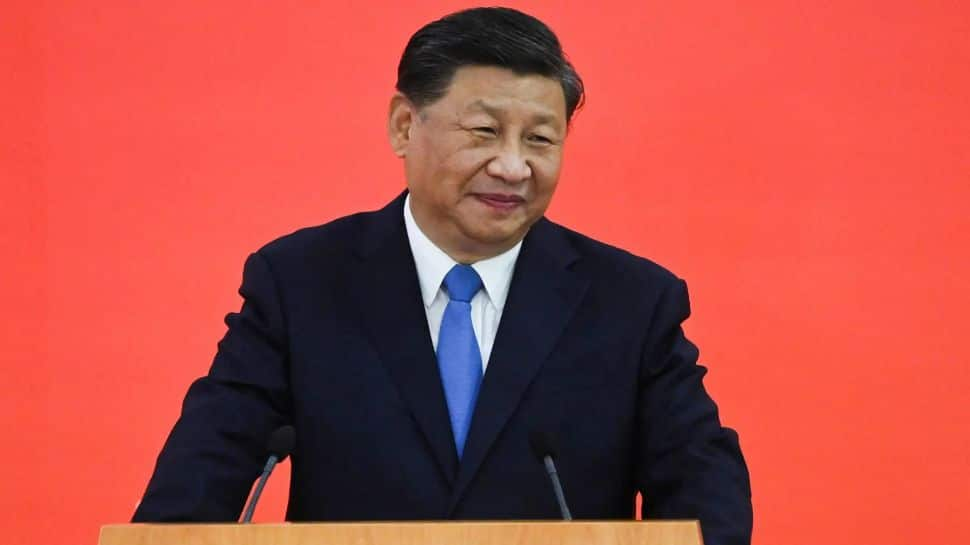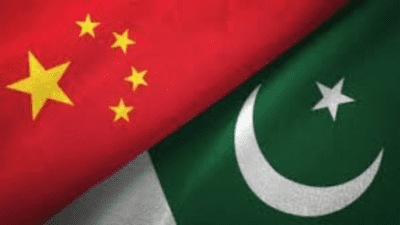Germany to help Ukraine make more weapons faster to strengthen its hand in peace talks with Russia

Germany’s Foreign Minister Johann Wadephul meets Ukraine’s Foreign Minister Andrii Sybiha, amid Russia’s attack on Ukraine, in Kyiv, Ukraine, on June 30, 2025.
| Photo Credit: Reuters
Germany aims to help Ukraine manufacture more weapons more quickly as Kyiv looks to strengthen its negotiating position in peace talks with Russia about ending their more than three-year war, the top German diplomat said Monday (June 30, 2025).
“We see our task as helping Ukraine so that it can negotiate more strongly,” Foreign Minister Johann Wadephul said during a visit to the Ukrainian capital, Kyiv, accompanied by German defence industry representatives.
U.S.-led international peace efforts have failed to make progress on halting the fighting. Russian President Vladimir Putin has effectively rejected a ceasefire and hasn’t budged from his war goals.
“When Mr. Putin speaks of peace today, it is pure mockery,” Mr. Wadephul told a news conference with Ukrainian Foreign Minister Andrii Sybiha. “His apparent readiness to negotiate is only a facade so far.”
Russia’s invasion shows no sign of letting up. Its grinding war of attrition along the roughly 1,000-km front line and long-range strikes on civilian areas of Ukraine have killed thousands of troops and civilians.
Ukraine is outgunned and short-handed on the front line and international aid has been vital for Ukraine’s resistance against its neighbour’s bigger army and economy. Germany has been Ukraine’s second-largest military backer after the United States, whose continuing support is in doubt.
“We want to build new joint ventures so that Ukraine itself can produce faster and more for its own defence, because your needs are enormous,” Mr. Wadephul said while standing next to Mr. Sybiha.
“Our arms cooperation is a real trump card — it is a logical continuation of our delivery of material,” Mr. Wadephul said. “And we can even benefit mutually from it — with your wealth of ideas and your experience, we will become better.” Mr. Wadephul was also due to meet with Ukraine President Volodymyr Zelenskyy.
The top German diplomat’s trip to Kyiv came less than 48 hours after Russia launched its biggest combined aerial attack against Ukraine over the weekend, Ukrainian officials said, in an escalating bombing campaign that has further dashed hopes for a breakthrough in peace efforts.
Ukraine’s air force said Monday (June 30, 2025) it detected 107 Russian Shahed and decoy drones in the country’s air space overnight.
Strikes in Ukraine’s northeastern Kharkiv region left two civilians dead and eight injured, including a 6-year-old child, regional Gov. Oleh Syniehubov said Monday (June 30, 2025).
The aerial onslaughts are calculated by Russia to squeeze Ukraine into submission, according to the Institute for the Study of War.
“Russia is continuing to use increasingly large numbers of drones in its overnight strike packages in order to overwhelm Ukrainian air defences and enable subsequent cruise and ballistic missile strikes,” the Washington-based think tank said late Sunday (June 29, 2025).
“The increases in Russia’s strike packages in recent weeks are largely due to Russia’s efforts to scale up its defence industrial production, particularly of Shahed and decoy drones and ballistic missiles,” the institute added.
Mr. Sybiha thanked Germany for its contribution to Ukraine’s air defence and urged Berlin to send more anti-missile systems.
The Russians “are attacking civilian targets in order to create panic, to influence the mood of our population,” he said. “The key is the air defence system.”
Berlin has balked at granting Mr. Zelenskyy’s request to provide Ukraine with powerful German- and Swedish-made Taurus long-range missiles, which could potentially hit targets inside Russia. That is due to fears such a move could enrage the Kremlin and draw NATO into Europe’s biggest conflict since World War II.
German Chancellor Friedrich Merz pledged in May to help Ukraine develop its own long-range missile systems that would be free of any Western-imposed limitations on their use and targets.
Published – June 30, 2025 08:17 pm IST







